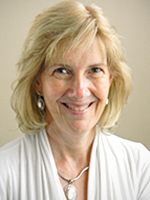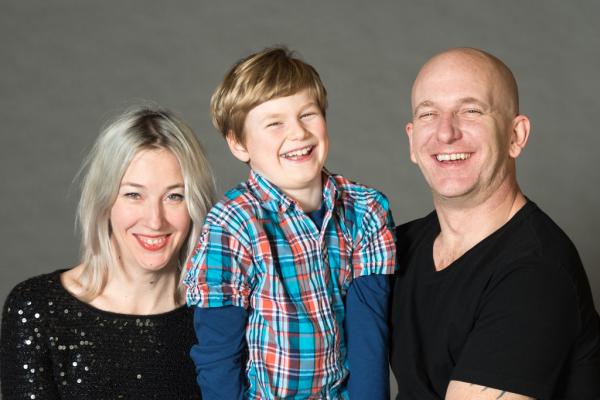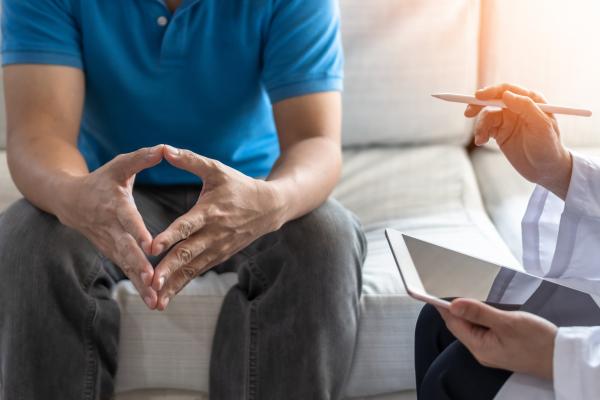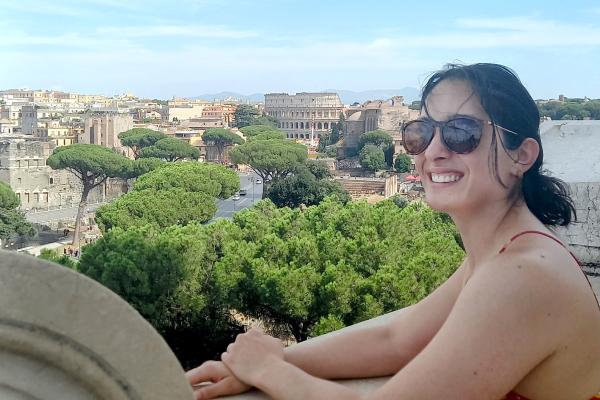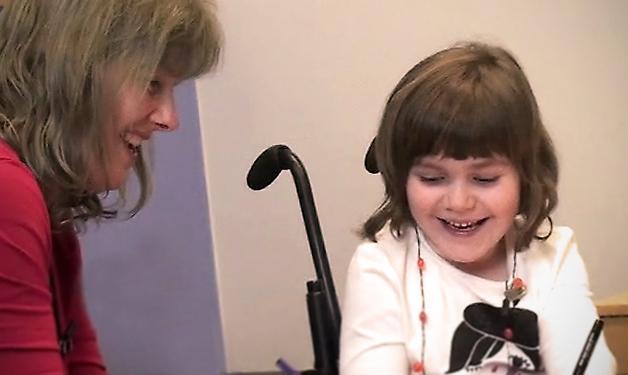
Meet Debbie – occupational therapist and researcher empowering children with mobility challenges.
Q: What is your research area and why does it interest you?
A: My research area focuses on identifying appropriate measurement tools to evaluate how power mobility devices, such as wheelchairs, ride-on toy cars, scooters, and standers, make a difference in the lives of children who have difficulty walking. I hope that through research, I’ll be able to support children and their families in doing what they want to do.
My motivation is empowering individuals with physical disabilities to optimize their participation in meaningful life activities, often using assistive technologies to enhance their independence.
Q: You had a successful career as an occupational therapist when you began your PhD. What prompted you to focus on research?
A: Having spent more than 25 years working with children and adults as an occupational therapist, I want to measure treatment effectiveness more accurately, especially when using assistive technologies. There is increasing demand to demonstrate that the therapeutic interventions we use are backed by research evidence. I am excited to become a clinician scientist, staying involved in clinical practice while contributing to this research.
Q: What has been your proudest achievement so far?
A: In 2013, I had the pleasure to work with Dr. Veronica Schiariti and colleagues, developing the World Health Organization’s International Classification of Functioning, Disability and Health (ICF) Core Sets for children and youth with cerebral palsy. It was an incredible opportunity to collaborate with respected international leaders in paediatric rehabilitation and to contribute to the creation of a template for other ICF paediatric core sets.
In my personal life, my proudest moments relate to parenting my four children – guiding and supporting them as they become the amazing people that they are.
Q: What’s the best advice you’ve ever received?
A: Life is a journey, so enjoy the ride!
Q: What do you like to do when you’re not working?
A: Being busy with my PhD, I enjoy the simple pleasures —having a cup of tea, spending time with my husband and kids, and going for walks with my two West Highland terriers. I’m looking forward to travelling and spending time with family and friends when my PhD is complete.
Q: What do you see yourself doing in 20 years?
A: Given that I initiated my PhD later than most, I hope to still be healthy and active in life-long learning and mentoring others.
Q: If you won a free vacation to anywhere in the world, where would you go?
A: My second son was born while we were living in Melbourne, and I’d love to go back to Australia to visit and catch up with friends. While there, I’d connect with health professionals and researchers who share similar interests.
